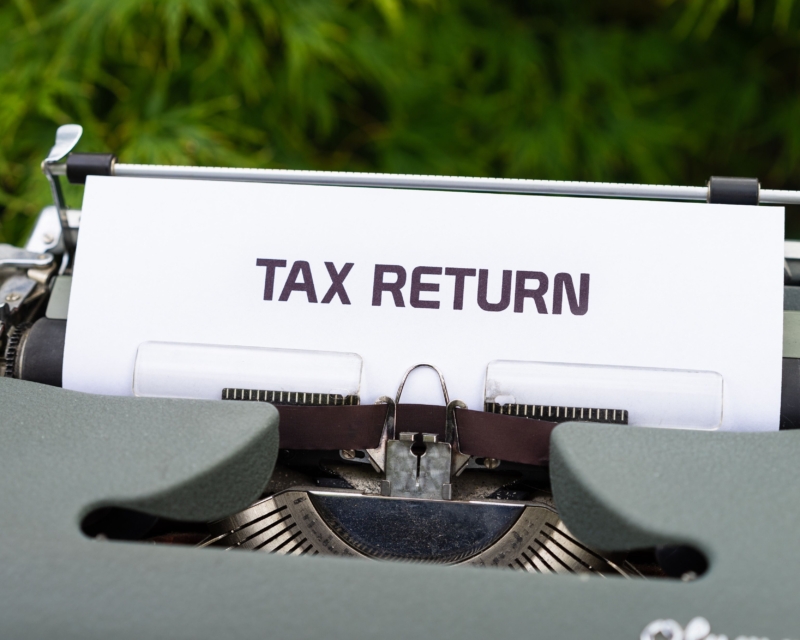IRS Announces Paperless Initiative to Streamline Tax Filing and Improve Efficiency
In a bid to increase efficiency, accuracy, and expedite tax refunds, the Internal Revenue Service (IRS) has unveiled plans to transition to a paperless system. The federal tax collection agency aims to allow taxpayers to submit correspondence and non-tax forms online starting next tax season, with a target to have all returns filed digitally by the 2025 filing season.
Currently, taxpayers can file their annual 1040 tax returns digitally, but all other interactions with the IRS must be conducted through regular mail. The new initiative, set to roll out in the 2024 filing season, will offer taxpayers the option to submit all correspondence, including responses to notices, online. Additionally, 20 additional tax forms will be made available for electronic filing in a user-friendly mobile format.
The IRS projects that this shift towards digital operations will save a staggering 200 million pieces of paper annually, cutting processing times by half and enabling taxpayers to receive refunds “several weeks” faster. The agency estimates that over 94% of taxpayers will no longer have to send mail to the IRS, making the tax filing process more convenient and accessible for Americans across the nation.
By the 2025 filing season, the IRS aims to further enhance its digital capabilities by offering another 150 of the most commonly used non-tax forms in digital formats. Moreover, the IRS will be equipped to digitally process all paper-filed returns, eliminating the need for physical submissions.
The digitization initiative will extend beyond current records as the IRS plans to convert approximately 1 billion historical documents into digital formats. This move is anticipated to save the agency around $40 million annually in storage costs.
One of the key benefits of this modernization effort, according to the IRS, is the improvement in their ability to combat tax evasion. The digitization, combined with an enhanced data platform, will enable data scientists to implement advanced analytics and pattern recognition methods to pursue tax evasion cases, particularly among wealthy individuals and large corporations employing complex structures to evade taxes.
The IRS’s push for digitization comes as part of its broader modernization efforts, for which it received $80 billion through the Inflation Reduction Act. The agency believes that the implementation of the paperless initiative will streamline operations, enhance taxpayer experiences, and help bridge the tax gap.
The IRS’ announcement marks a significant step towards leveraging technology to make tax processes more efficient and accessible for millions of Americans. Taxpayers can look forward to a streamlined and expedited tax filing experience, while the IRS anticipates better compliance enforcement through its data-driven approach to tackle tax cheats.




